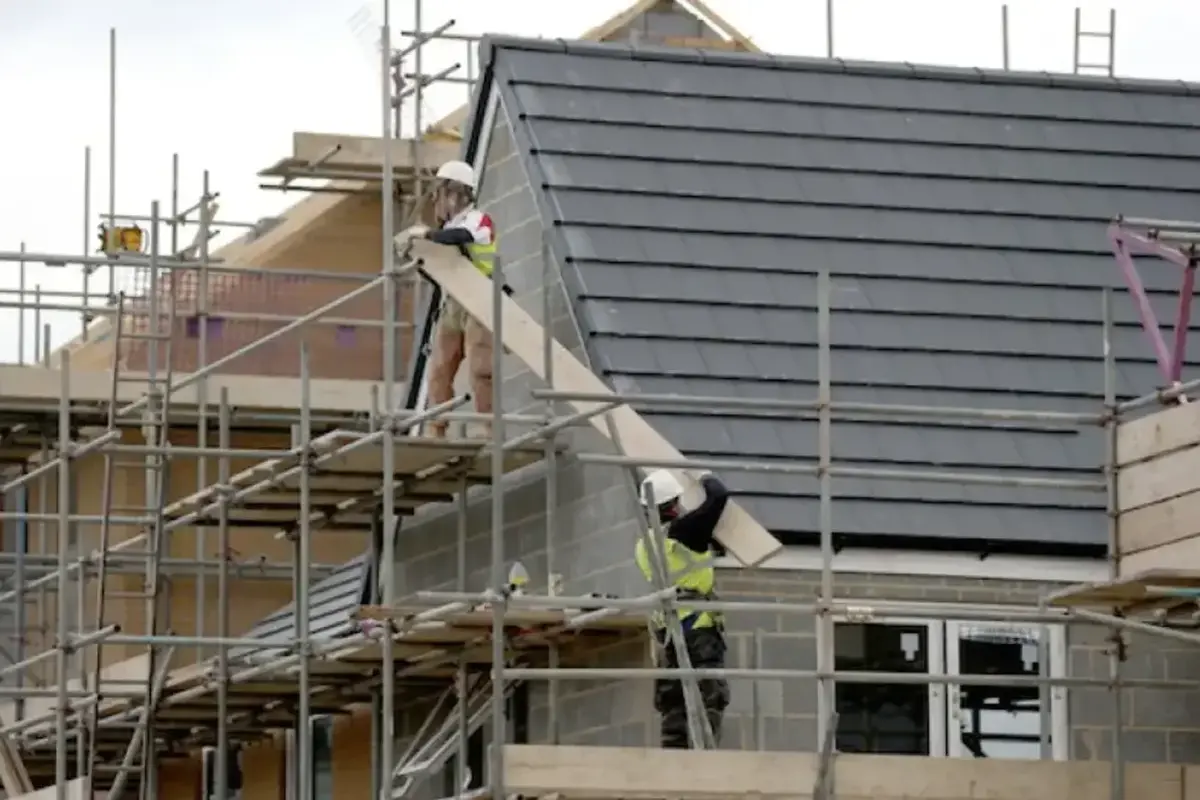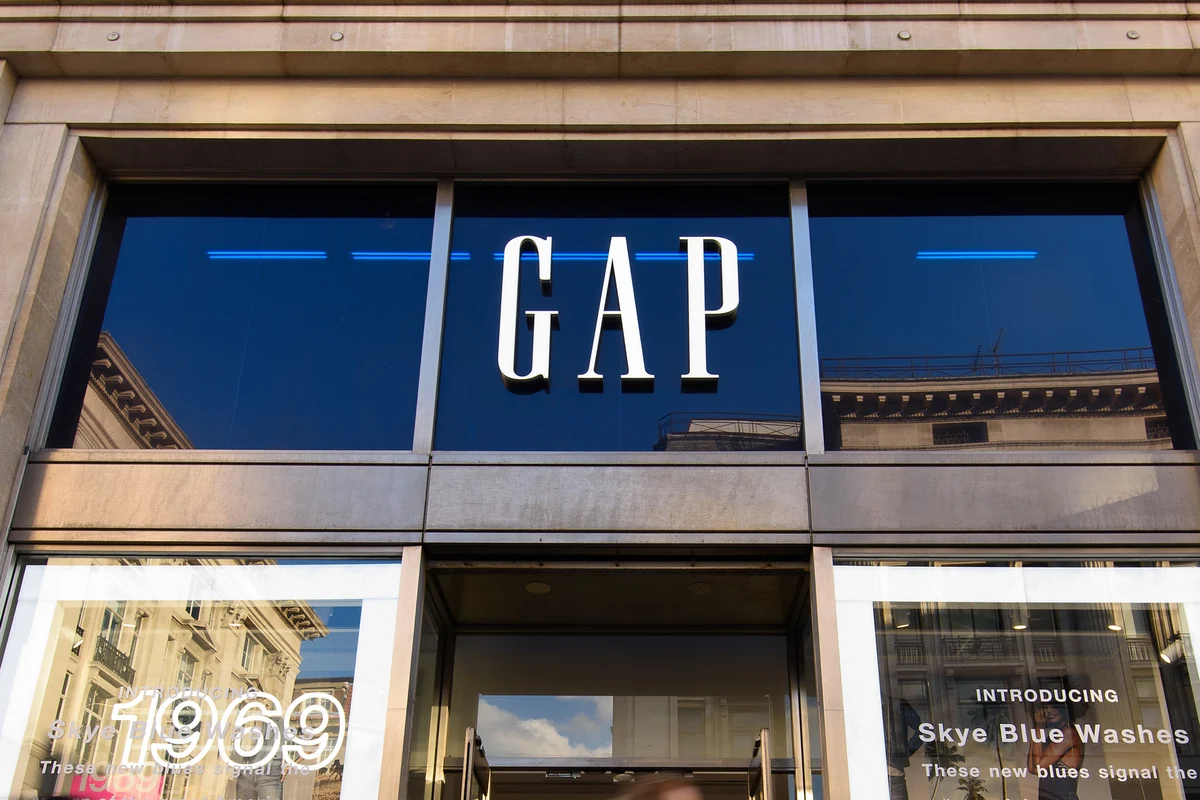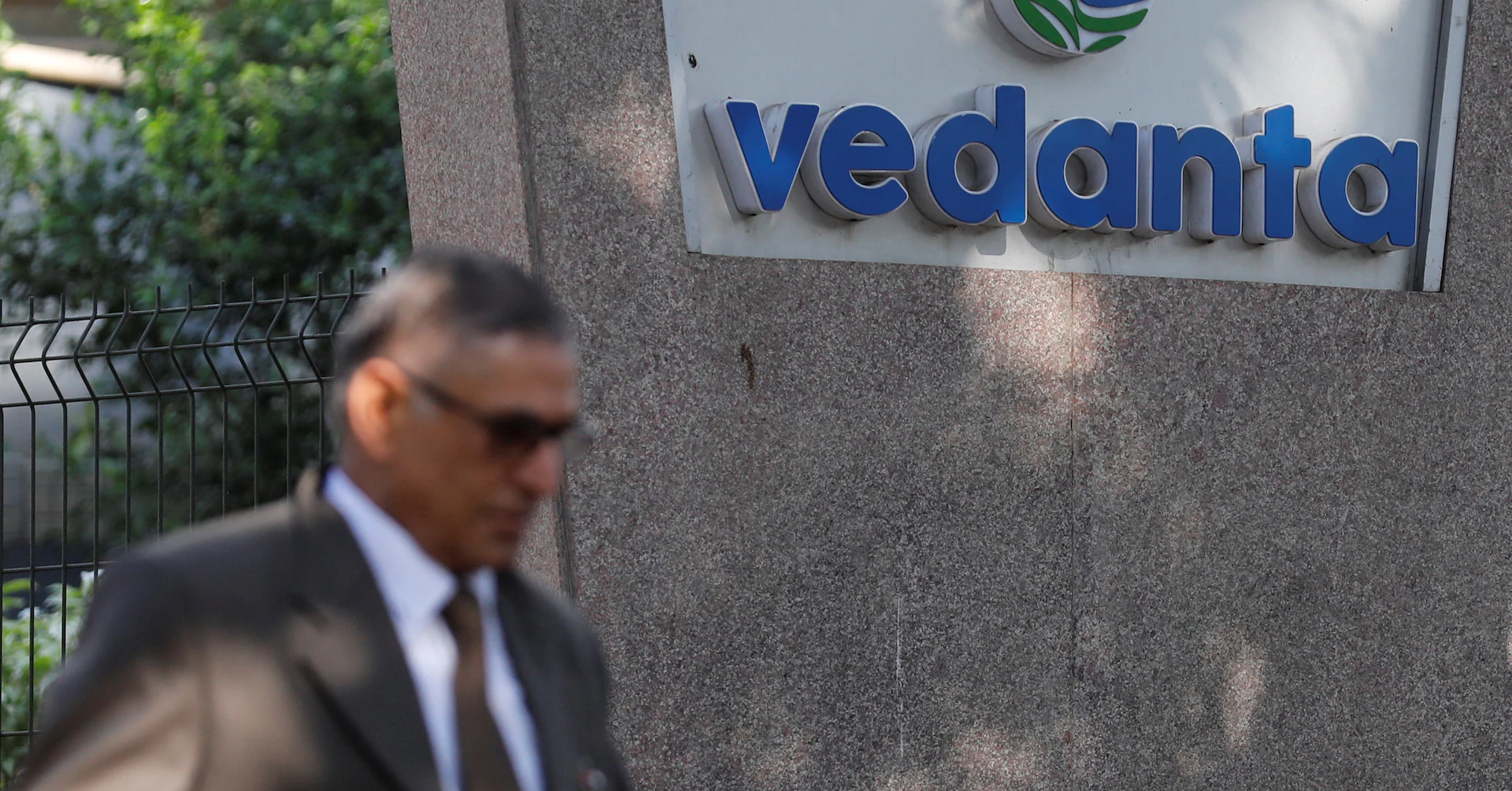Copyright cityam

The UK’s construction industry suffered another crippling hit in October after the rate of job shedding hit its steepest level in just over five years. The latest Purchasing Managers Index (PMI) from S&P Global showed the sector had tumbled to 44.1 last month, down from 46.2 in September. This marks the tenth consecutive month the industry has remained below the all-important 50.00 mark, which indicates whether a sector is growing. Tim Moore, economics director at S&P Global Market Intelligence, said “subdued demand in the wake of heightened political and economic uncertainty” had led to the steepest drop in input buying since May 2020. Civil engineering was the weakest-performing segment after the sector struggled find new work to replace completed products, while residential work had its sharpest decline in eight months to 43.6 – highlighting the difficulties facing the government an its ambitious housebuilding targets. Delayed decision-making hits construction “Reduced workloads were again widely attributed to risk aversion and delayed decision-making among clients, which contributed to a slower-than-expected release of new projects,” Moore said. He added business activity expectations for the coming 12 months “remained much weaker than the long-run survey average.” This was due to “worries about fragile investment sentiment and weak sale pipelines.” Despite this, overall optimism levels managed to edge up to the highest since July, namely due to the prospect of lower borrowing costs.Martin Beck, Chief Economist at WPI Strategy, said: “Once the Budget dust settles, the sector should find a more stable footing, helped by lower borrowing costs, sustained public investment, and easing supply pressures. But any recovery is likely to be gradual and uneven, with cost inflation, labour shortages and planning hurdles continuing to hold construction back.” The concern in the construction sector comes as just this week, manufacturers sent a stark warning for the government to get “growth off the floor” as they battled “existential threats”. The sector’s industry body Make UK said companies fear further burdens and costs from changes to inheritance tax hitting family firms along with the implications of the looming Employment Rights Bill. Stephen Phipson, chief executive of Make UK, said businesses were battling a “potent combination of weak demand at home and abroad, as well as escalating costs across the board”. Make UK has now called for a commitment from the government of no further national insurance hikes and a targeted exemption from business rates for investments in green technologies.



